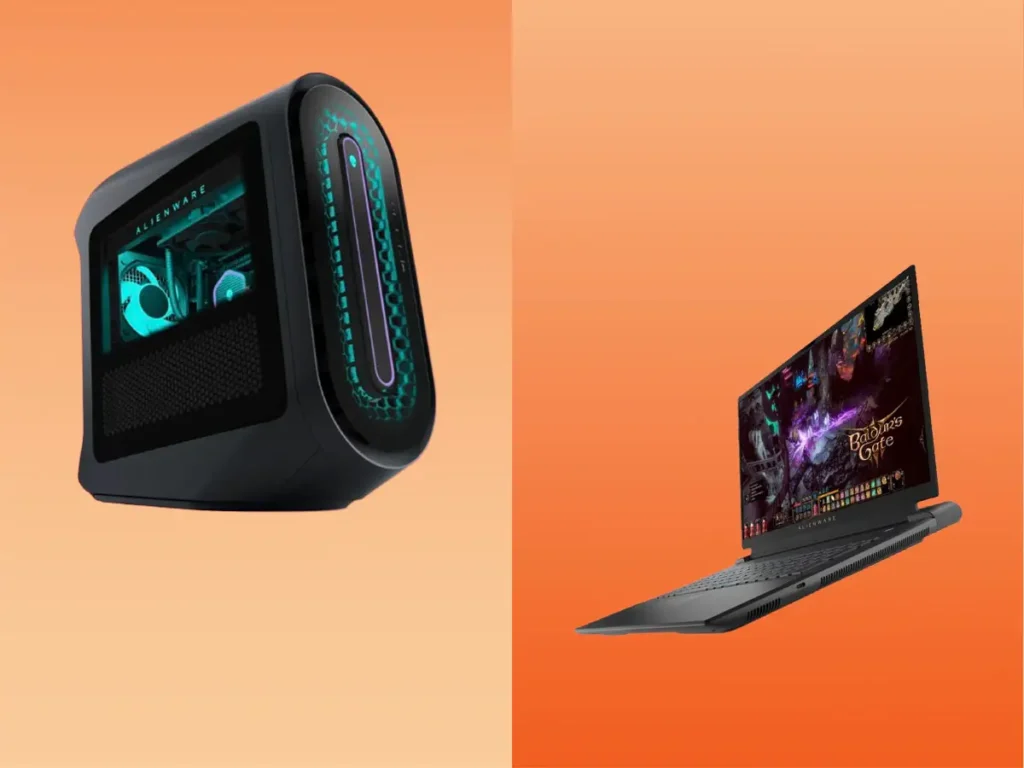Trying to decide between a PC and a laptop? You’re definitely not alone. Whether you’re shopping for school, work, gaming, or just everyday use, picking the right kind of computer can make a big difference. Both PCs (desktops) and laptops have their pros and cons, and what works best really depends on your lifestyle and what you’ll be using it for.

Let’s break it down in a way that makes it easier to figure out what’s best for you.
Power and Performance
If you’re all about raw power—maybe you’re into gaming, video editing, or running heavy-duty software—a desktop PC is usually the better option. Desktops can handle more powerful components like faster CPUs, high-end graphics cards, and better cooling systems. They’re built for performance.
That said, laptops have come a long way. Some of the newer models are surprisingly powerful and can handle a lot more than people give them credit for. But because they’re compact, they can’t quite match a desktop’s performance—especially for extended heavy use.
For power, you can get this ASUS ROG Strix G16 Gaming Laptop Click Here
As Amazon Associate, I earn commission from qualifying purchases.
Portability
This one’s easy: laptops win. Hands down.
If you need something you can carry around to school, work, coffee shops, or just different rooms in your house, a laptop is the way to go. It’s light, has a built-in screen, keyboard, and trackpad, and the battery means you don’t need to be plugged in all the time.
Desktops, obviously, are meant to stay in one place. You’ll need a separate monitor, keyboard, mouse, and speakers. Once it’s all set up, it’s not exactly easy to move around.
For portability, you can check out Apple 2025 MacBook Air 13-inch Laptop Click Here
As Amazon Associate, I earn commission from qualifying purchases.
Upgrades and Customization
One big advantage of desktop PCs is how easy they are to upgrade. Want a new graphics card? More storage? Better cooling? You can usually just open it up and swap parts out. It’s great if you like tinkering or want a machine that can grow with your needs over time.
Laptops? Not so much. Some models let you upgrade the RAM or storage, but a lot of the important stuff—like the processor or graphics chip—is soldered onto the motherboard and can’t be changed. So what you buy is pretty much what you’re stuck with.
For Upgrades, Get this Thermaltake LCGS Quartz i460 R4 Gaming Desktop Click Here
Price and What You Get for It
Generally, desktops give you more bang for your buck. Since they don’t have to cram everything into a tiny shell or worry about battery life, you can get better specs for less money.
Laptops tend to cost more for the same level of performance, mostly because of the engineering it takes to make everything small, lightweight, and efficient.
That being said, if you really need portability, the convenience might be worth the extra cost.
Space and Setup
Desktops take up more room and need a proper setup—desk, monitor, cables, the whole works. It can be a lot if you’re in a small apartment or dorm room.
Laptops are way more convenient in this regard. You can literally open one on your couch, bed, or kitchen table and get to work. Super flexible, super easy.
What’s Best for You?
Here’s a quick breakdown depending on your needs:
- Gaming: If you want top-tier performance and upgrade options, go with a desktop. Gaming laptops exist, but they’re pricier and tend to run hot.
- Students: A lightweight laptop is perfect for taking notes, studying anywhere, and handling schoolwork.
- Creative work (like editing, design, etc.): A desktop offers more power and screen space. But if you’re moving between studios or clients, a high-performance laptop could work too.
- General home use: Honestly, either one works. If you’re just browsing, streaming, or doing light work, it comes down to whether you want to be tied to a desk or not.
- Work professionals: If you’re always on the move or attending meetings, a laptop’s your best friend. But for a dedicated home office setup, a desktop might give you a better work environment.
